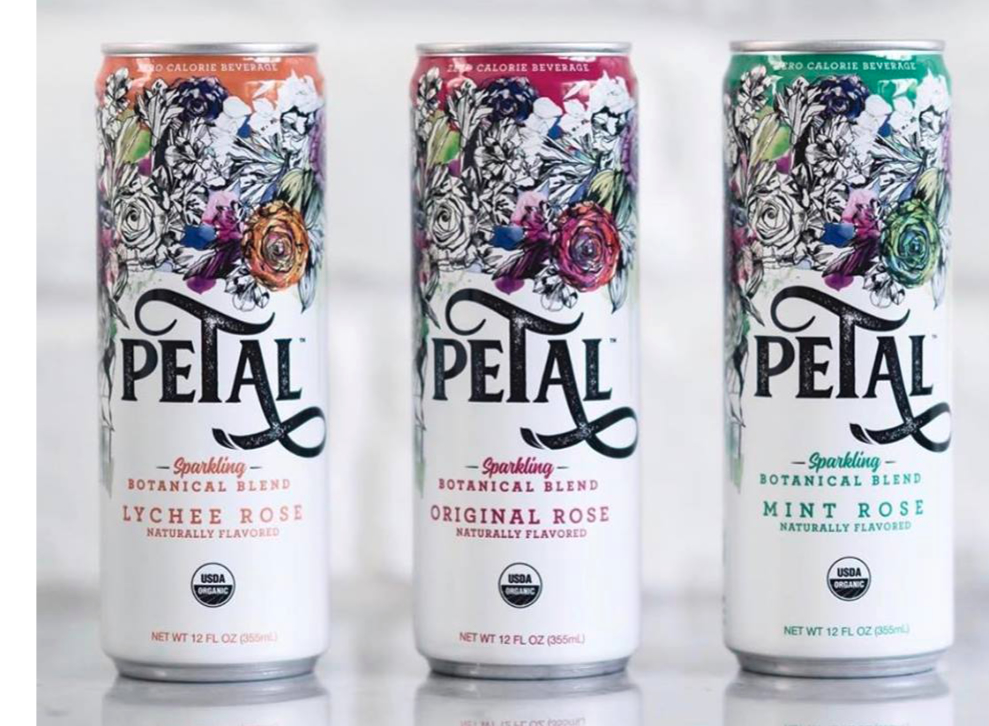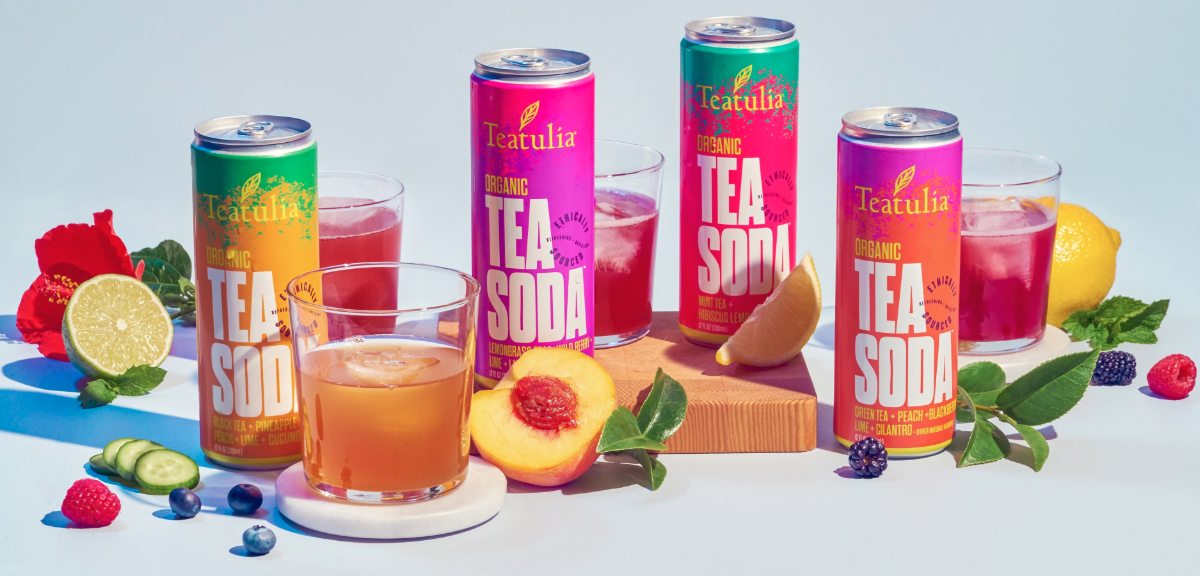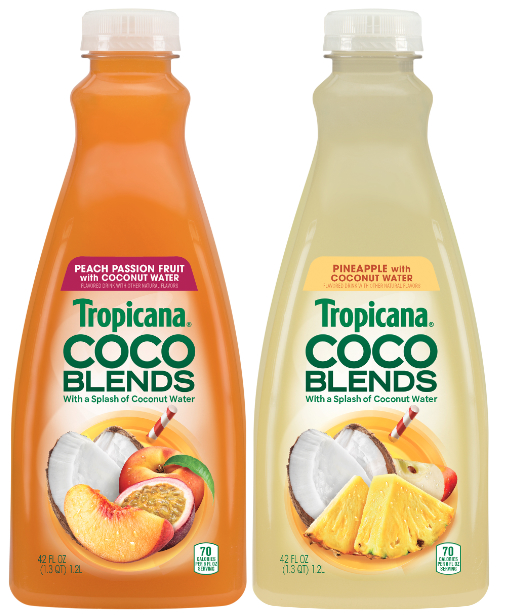CHICAGO — Seventy-three per cent of Americans are concerned with the nutritional content of their food, according to the U.S. Grocery Shopping Trends 2018 survey from The Food Marketing Institute, Arlington, Va., and The Hartman Group, Bellevue, Wash. To help them make smart choices, shoppers are seeking various claims on food and beverage packaging.
The No. 1 claim of interest is low sugar (tied with low sodium), with 35% of survey respondents identifying it as significant. That was up two percentage points from 2017. Low-sugar is more important to females (39%) than males (31%), and its importance increases with age. Sixty per cent of consumers identified as mature seek low-sugar claims, followed by baby boomers (42%), Generation X (31%) and millennials (26%).
After sugar and sodium, shoppers are looking for no artificial ingredient claims on packages. The trend has beverage formulators exploring natural ingredients to keep added sugars low. Initiatives may include strategic use of sugar with other sweetening ingredients or creative combinations of other naturally sweet ingredients, such as juices, flavors and taste modulators.
Naturally sweet plant extracts, namely steviol glycosides, are appearing in more beverages, usually in combination with other sweetening ingredients. Since being deemed Generally Recognized As Safe by the U.S. Food and Drug Administration a decade ago, steviol glycosides have gone through many production and extraction enhancements, resulting in better-tasting and more economical varieties.
Blossom Water, Westwood, Mass., produces functional, nature-inspired water infused with natural fruit and flower essences and sweetened with a touch of stevia.
 “We use pure botanical essences to flavor our natural waters,” said Steve Fortuna, president and founder. “Botanical essences differ from just plain old ‘natural flavors’ and ‘nature identical flavors’ in one very important way. They are derived from the named fruit or flower, using a steam distillation process.
“We use pure botanical essences to flavor our natural waters,” said Steve Fortuna, president and founder. “Botanical essences differ from just plain old ‘natural flavors’ and ‘nature identical flavors’ in one very important way. They are derived from the named fruit or flower, using a steam distillation process.
“During this process, high-pressure steam is forced through the cellular structure of the flower petals, or rind in the case of citrus fruits. This causes the cell walls to rupture, releasing intensely aromatic and flavorful essential oils. These oils are then distilled and purified until they become water soluble.”
Essences are generally brighter in flavor and more intensely aromatic. Their clean, clear flavor often allows for less added sweetness.
“There is no juice in our waters,” Mr. Fortuna said. “All of the flavor comes from the flower and fruit botanical essences.”
To add some sweetness, Blossom Water adds zero-calorie stevia leaf extract. The company prides itself on using the steviol glycoside Rebaudioside M (Reb M).
“Many different steviol glycosides are naturally present in the stevia leaf, each with its own taste profile,” Mr. Fortuna said. “Rebaudioside A (Reb A) — the most abundant — is by far the most used in foods and beverages. Unfortunately, Reb A can leave a bitter aftertaste. Reb M has a more sugar-like flavor profile, with faster sweetness onset and no lingering taste like that of classic stevia. Reb M, however, is present in the stevia leaf only in tiny quantities, so it is much more expensive to extract in volume than Reb A. Consequently, most food and beverage brands do not take advantage of this latest upgrade in stevia sweetening, and those few that do typically blend Reb M with Reb A in order to manage cost and supply constraints. Blossom Water is distinguished in using 100% Reb M stevia leaf extract, which is certified non-G.M.O.”
Chicago-based beverage maker Petal produces a namesake sparkling botanical beverage that is low in sugar, said Candice Crane, founder and chief executive officer. Petal made its debut Memorial Day weekend 2018 with three rose flavors: original, lychee and mint. At the 2019 Winter Fancy Food Show, the company added elderberry white tea, lemongrass dandelion (with a hint of strawberry) and peach marigold (with a hint of basil) to the lineup.
When the product originally launched it was a zero-calorie beverage sweetened with stevia. Since, the product has been reformulated to be sweetened with organic agave and about 3 grams of sugar. The rose varieties now contain 10 calories per slim 12-oz can, while the three new options contain 15 calories. The sweetener swap resulted in a better-tasting beverage with no bitter aftertaste.

Teatulia, a Denver-based organic tea company, is using sugar in some of its products. The company is introducing organic Tea Soda, an effervescent drink made with brewed tea, fruits and herbs. Quality tea leaves and careful brewing keep bitter notes low, according to the company. Along with creative blends of fruits and herbs, the company uses less sugar than typically incorporated into ready-to-drink tea and most sodas. Each slim 12-oz can contains 16 to 18 grams of sugars (from the added sugar and fruits), which provides 70 to 80 calories.
The two caffeinated varieties are green tea with peach, blackberry, lime and cilantro, and black tea with pineapple, peach, lime and cucumber. Naturally decaffeinated, the lemongrass variety contains wild berry, lime and lavender, while mint includes hibiscus lemonade.
“Lightly sweetened with cane sugar, Tea Sodas deliver pure refreshment and are a great alternative to natural soda, sparkling water and even energy drinks,” said Linda Appel Lipsius, c.e.o. and co-founder. “Tea Sodas are on trend with what today’s consumer is looking for.”
Portland, Maine-based Bitter Love developed a shelf-stable, ready-to-drink beverage only sweetened with fruit juice. The product includes the company’s bitter blend of ashwagandha root, gentian, artichoke and artemisia plant extracts.
“Bitter interest and use are trending within the craft cocktail movement and as standalone tinctures and sprays,” said Taja Dockendorf, co-founder. “We are using a functional blend of bitter herbs, sparkling water and a splash of fruit juice to allow consumers to drink their bitters daily. Bitter Love, while a new category, fits into consumer’s wishes for a low-sugar, low-calorie flavorful beverage with functionality — the anti-soda.”
Bitter Love comes in grapefruit, tart cherry and toasted pineapple. Each 12-oz glass bottle contains 40 calories.
Bar None, a new brand of nonalcoholic beverages from the Coca-Cola Co., Atlanta, incorporates cocktail-inspired flavors such as sangria and ginger mule. Sweetened with fruit juice, fruit puree or cane sugar, the bottled drinks contain between 70 and 130 calories.
The product was born out of a desire for more sophisticated alcohol-free beverages than sugary mocktails or club soda with lime. Within 10 months of ideation, Bar None debuted in October 2018 at the Taste of Atlanta festival, where 93% of survey participants said they would buy the beverages, and 78% said they would drink them without adding alcohol or other ingredients. In liquor stores, the brand is positioned as a mixer, and the products may be used as a shortcut ingredient in several cocktail recipes.
 Tropicana, a brand of PepsiCo, Inc., Purchase, N.Y., now offers juice beverages that are sweetened by a combination of coconut water and sugar. Available in peach passion fruit and pineapple varieties, the coconut water adds a sweet flavor that complements the naturally sweet fruit juice concentrates, resulting in a beverage containing 70 calories and 15 grams of sugar per 8-oz serving.
Tropicana, a brand of PepsiCo, Inc., Purchase, N.Y., now offers juice beverages that are sweetened by a combination of coconut water and sugar. Available in peach passion fruit and pineapple varieties, the coconut water adds a sweet flavor that complements the naturally sweet fruit juice concentrates, resulting in a beverage containing 70 calories and 15 grams of sugar per 8-oz serving.
Today’s beverage formulators recognize that the amount of sweetener required to make a satisfying drink is dependent on the other ingredients. School chocolate milk historically had been made with the least expensive chocolate ingredient in order to keep costs down. Bitter, low-quality chocolate required lots of added sugar. This, of course, is no longer acceptable. Through the use of better chocolate and natural flavor modulators, school milk processors now make a more nutritionally desirable product.
The same is true of ingredients such as tea and coffee. Cold-brew coffee, with its significantly reduced bitter compounds, requires little to no sweetener when made into a flavored R.-T.-D. format.
Ito En North America, New York, is introducing black and matcha varieties of R.-T.-D. milk tea beverages sweetened with cane sugar. The company uses finely milled powdered whole leaf Japanese matcha and Sri Lankan black tea leaves.
“It’s the perfect cafe-like experience in a bottle,” said Rona Tison, executive vice-president of corporate relations. “We put our tea expertise to work by balancing the taste of tea with a subtly sweet creamy taste.”
Wandering Bear, New York, uses only bold, smooth coffee in its R.-T.-D. organic cold-brew beverages. The company recently added a vanilla flavor that contains no added sweetener. The beverage is naturally sweetened with a splash of coconut milk, which provides 20 calories per 11-oz container. The beverage is coffee-forward with notes of vanilla and coconut.




